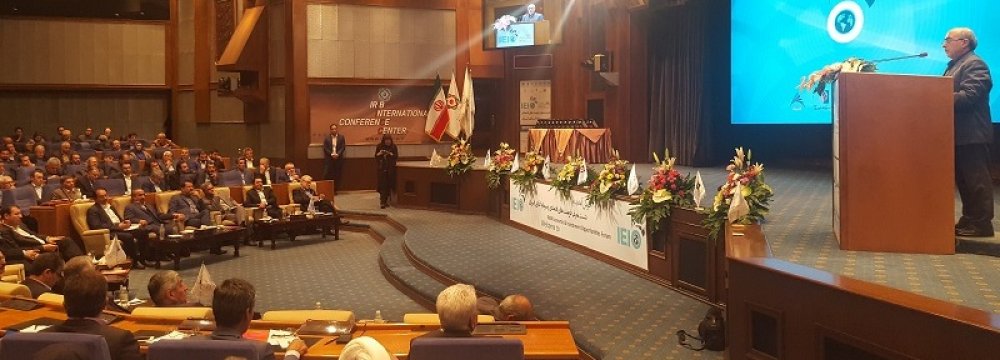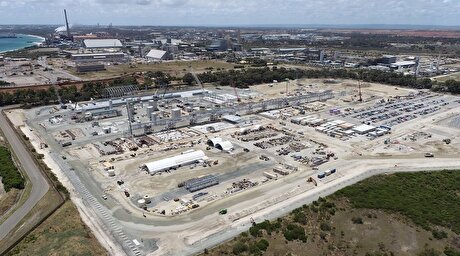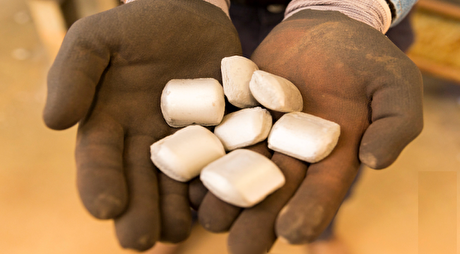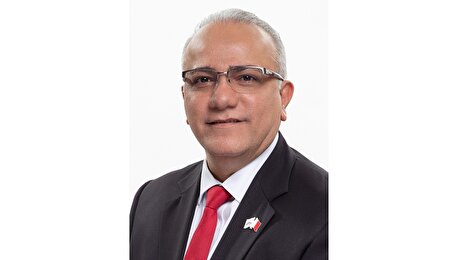
Iran Prioritizes Three Sectors for Using Foreign Finance

“Following the nuclear deal, we are increasingly witnessing proposals and negotiations for foreign finance deals with our country, and the government along with the private sector is ready to guarantee these funds and welcome them,” Mohammad Khazaei was also quoted as saying by the official news portal of the Ministry of Economic and Finance Affairs.
The official was speaking at an event focusing on Iran’s investment opportunities held in Tehran late Saturday, which was also attended by the Central Bank of Iran’s Vice Governor Akbar Komijani among others.
Khazaei outlined the process by which foreign finance and investment projects are selected in the country and said the government favors foreign direct investments, and called on foreign investors to work with the Iranian private sector to engage in joint investments in free trade zones and neighboring countries such as Iraq and Afghanistan, as well as those of Central Asia.
Komijani sought to outline the state of Iran’s foreign finance deals, saying more than $26 million worth of such deals have already been signed with China, South Korea, India, Russia, Austria and Denmark while a further $35 million are currently in the final stage of talks.
“This shows that Iran has remained faithful to its foreign exchange commitments and if not for political pressures, other nations are ready to invest in the country,” he said.
The official noted that the country’s foreign debts are considerably lower than those of other nations, saying that the nuclear deal allowed Iran to clear much of its foreign debts.
By the end of the sixth month of the current fiscal year on Sept. 22, he added, Iran managed to reduce its foreign debts by 84.2% compared with the same period of two years ago– a time when international sanctions were still in place.
The CBI official pointed out that while Iran had correspondent banking relations with 33 foreign banks before the nuclear deal, it is now working in liaison with 270 international commercial banks.
According to Komijani, Iranian banks have opened 27,000 lines of credit, registered 2,964 negotiable instruments and issued 115,680 payment orders in this period.
Gholamali Kamyab, CBI’s deputy for international affairs, said at the event that the policymaker is trying to connect as many Iranian banks to the TARGET2 system as possible and expand Iran’s correspondent banking relations.
Kamyab also said that in light of the fact that “all banking debts have currently been cleared” with foreign counterparts, Iran will get a rating of five out of seven the next time the Organization for Economic Cooperation and Development convenes to decide on countries’ risk ratings.
“CBI’s target is to return Iran to its risk rating of four” that it had before international sanctions were imposed on it, he said, adding that a “national document of risk evaluation” will be complete within the next few months that will help improve banking relations.


Caterpillar sees US tariff hit of up to $1.5 billion this year

Australia pledges $87M to rescue Trafigura’s Nyrstar smelters in critical minerals push

SAIL Bhilai Steel relies on Danieli proprietary technology to expand plate mill portfolio to higher steel grades

Alba Discloses its Financial Results for the Second Quarter and H1 of 2025

Fortuna rises on improved resource estimate for Senegal gold project

Tianqi Lithium Australia JV says it is prioritizing long-term viability of refinery

Fresnillo lifts gold forecast on strong first-half surge

Copper price slips as unwinding of tariff trade boosts LME stockpiles

Why did copper escape US tariffs when aluminum did not?

New research reveals source of world’s richest lithium deposits

Century Aluminum to invest $50M in Mt. Holly smelter restart in South Carolina

Australia to invest $33 million to boost Liontown’s Kathleen lithium operations

Glencore warns of cobalt surplus amid DRC export ban

SSR Mining soars on Q2 earnings beat

A Danieli greenfield project for competitive, quality rebar production

China limits supply of critical minerals to US defense sector: WSJ

Alba Hits 38 Million Safe Working Hours Without LTI

Advanced cold-rolled strip for China’s New Energy Vehicle market

Codelco seeks restart at Chilean copper mine after collapse

Century Aluminum to invest $50M in Mt. Holly smelter restart in South Carolina

Australia to invest $33 million to boost Liontown’s Kathleen lithium operations

Glencore warns of cobalt surplus amid DRC export ban

SSR Mining soars on Q2 earnings beat

A Danieli greenfield project for competitive, quality rebar production

China limits supply of critical minerals to US defense sector: WSJ

Alba Hits 38 Million Safe Working Hours Without LTI

Advanced cold-rolled strip for China’s New Energy Vehicle market

Codelco seeks restart at Chilean copper mine after collapse














